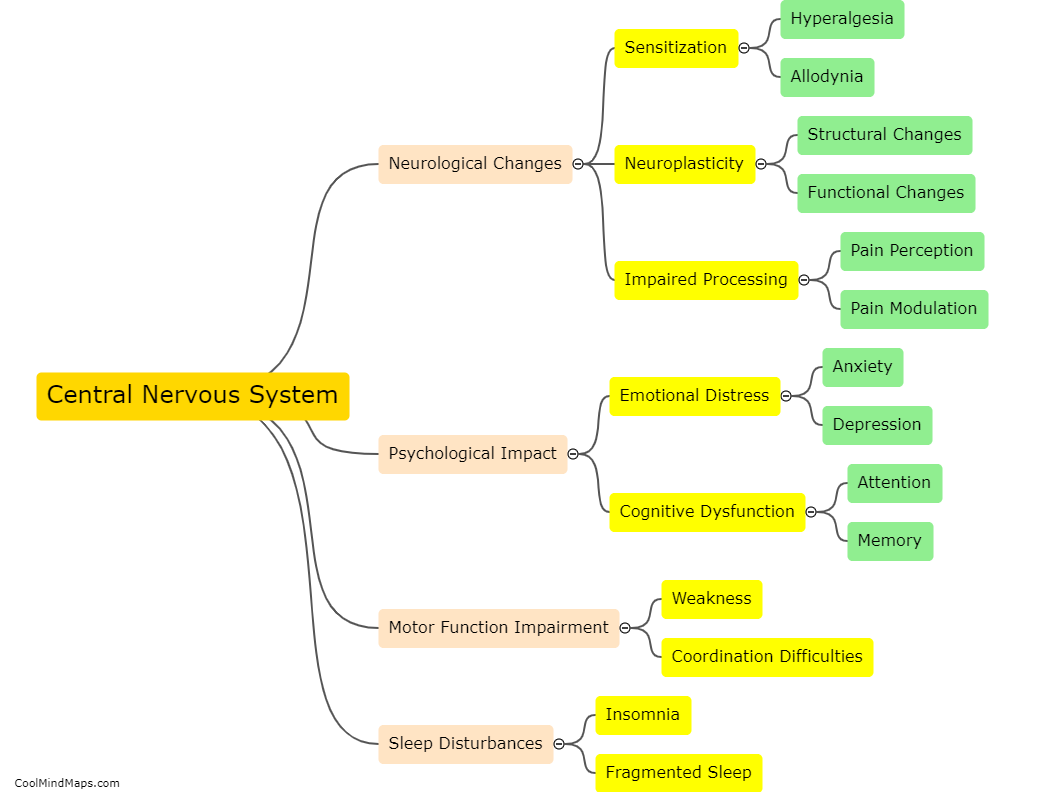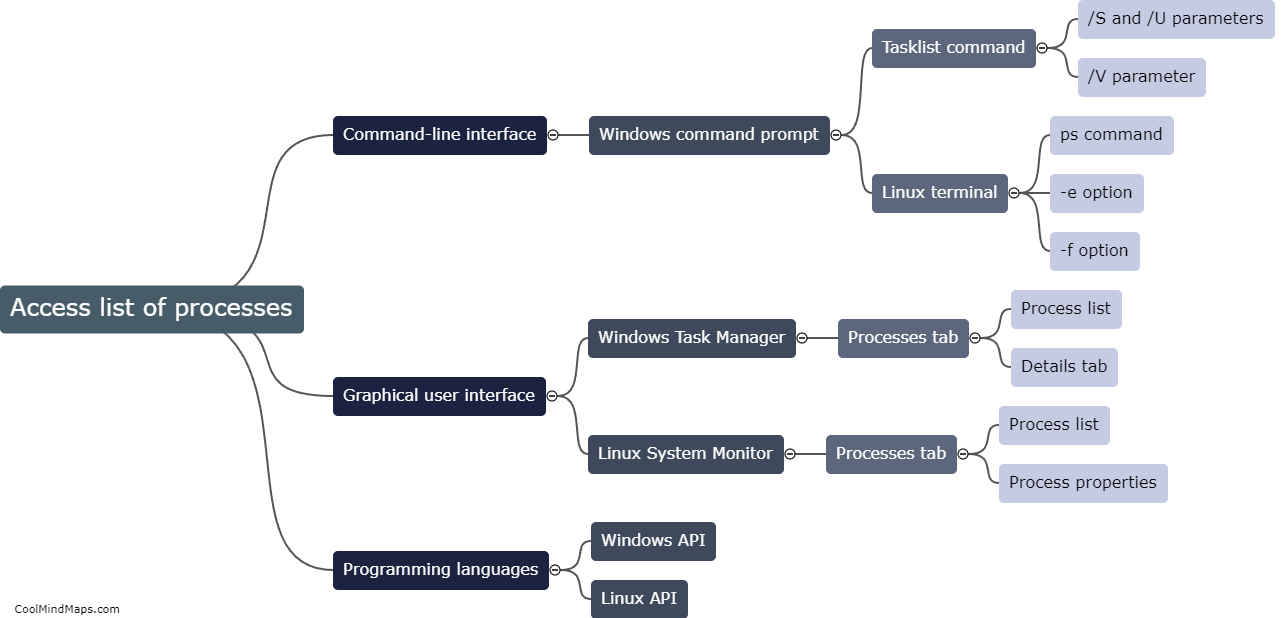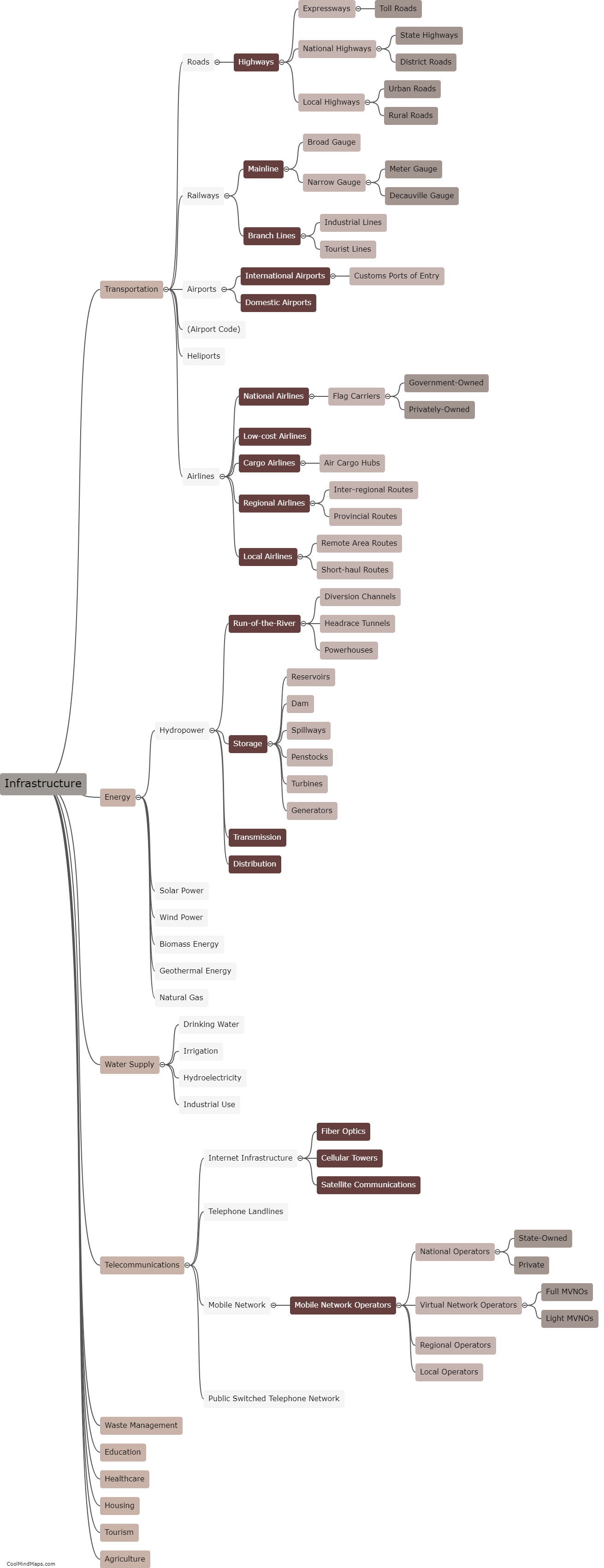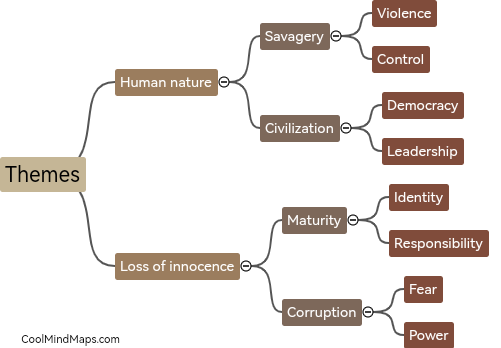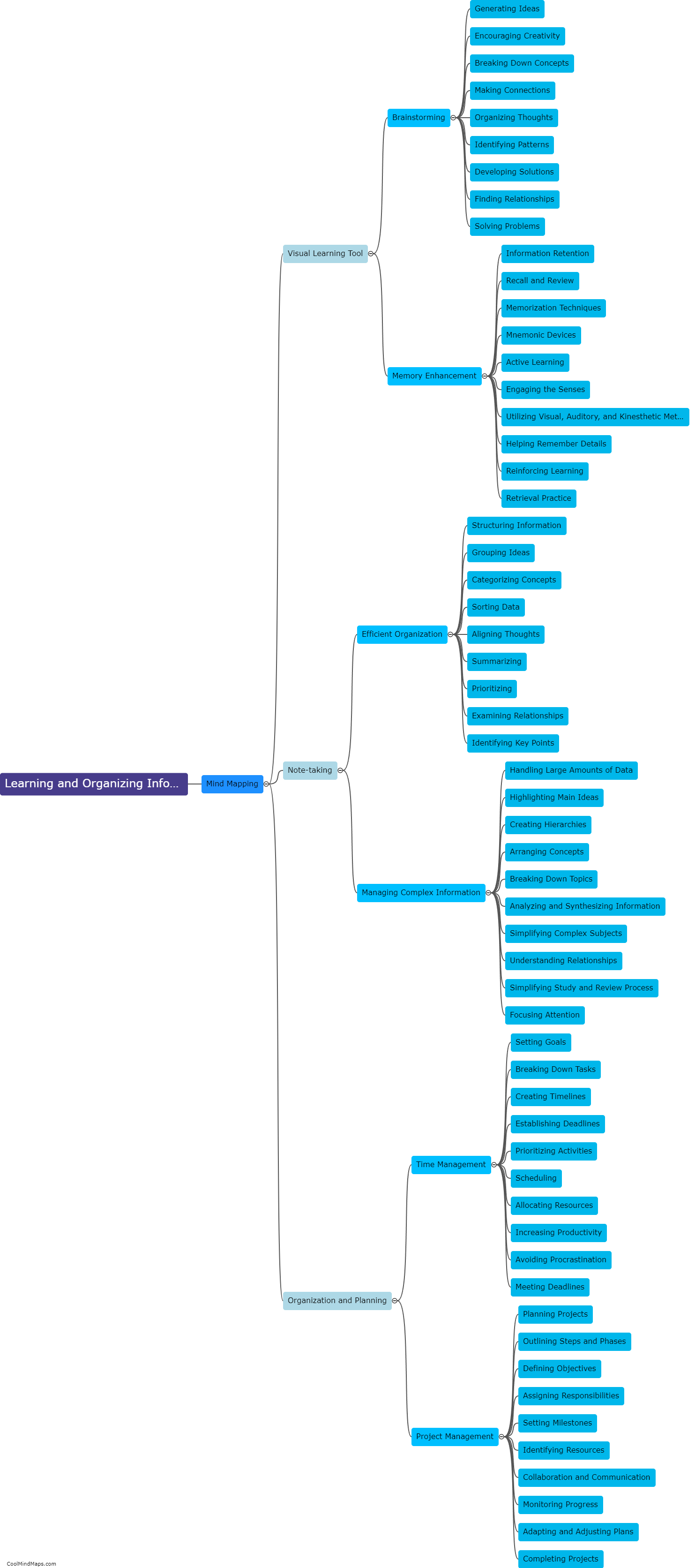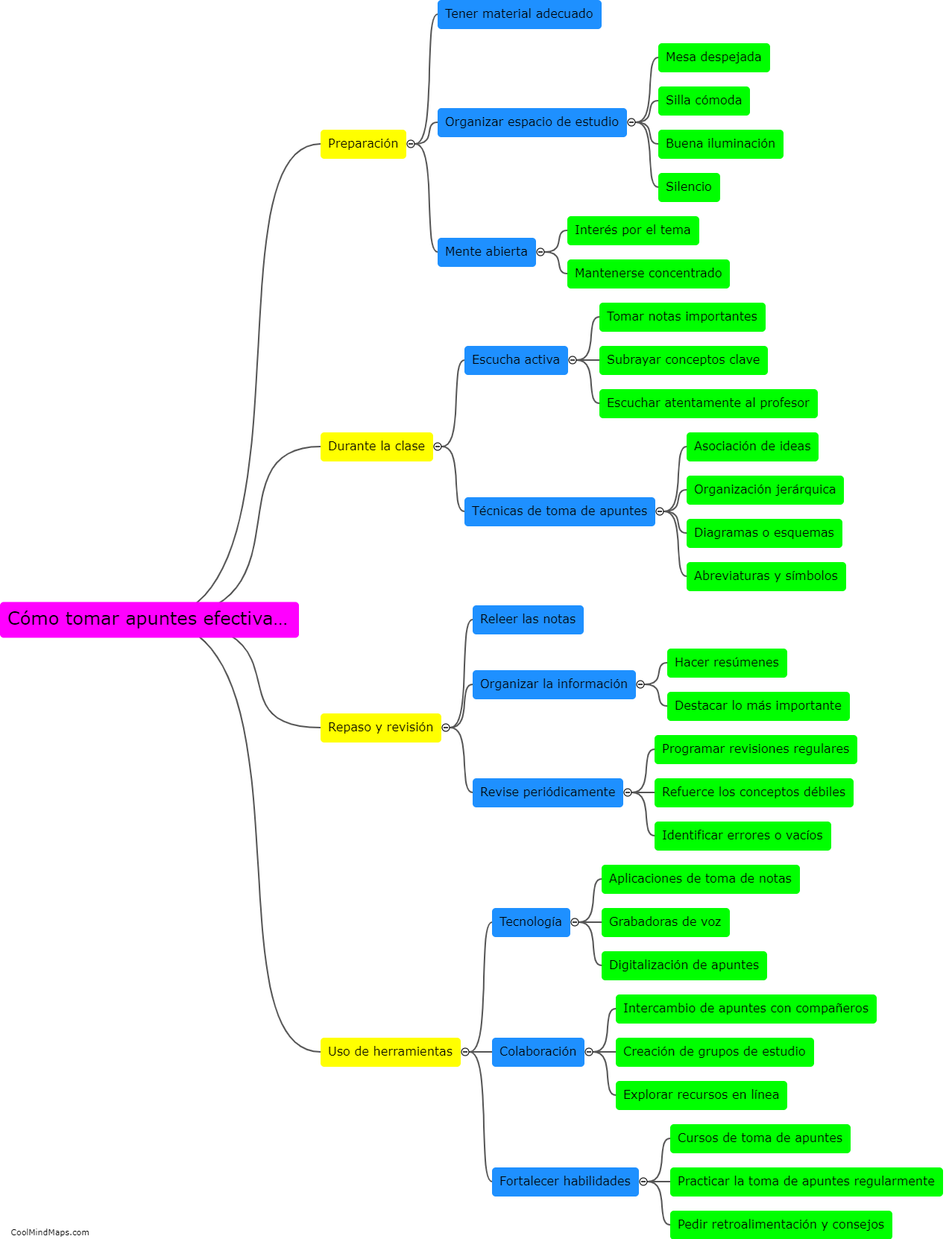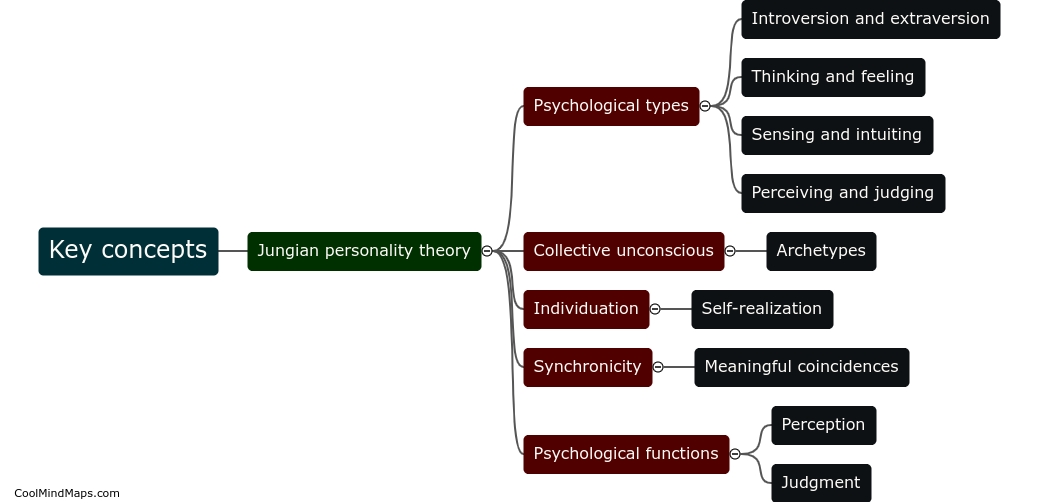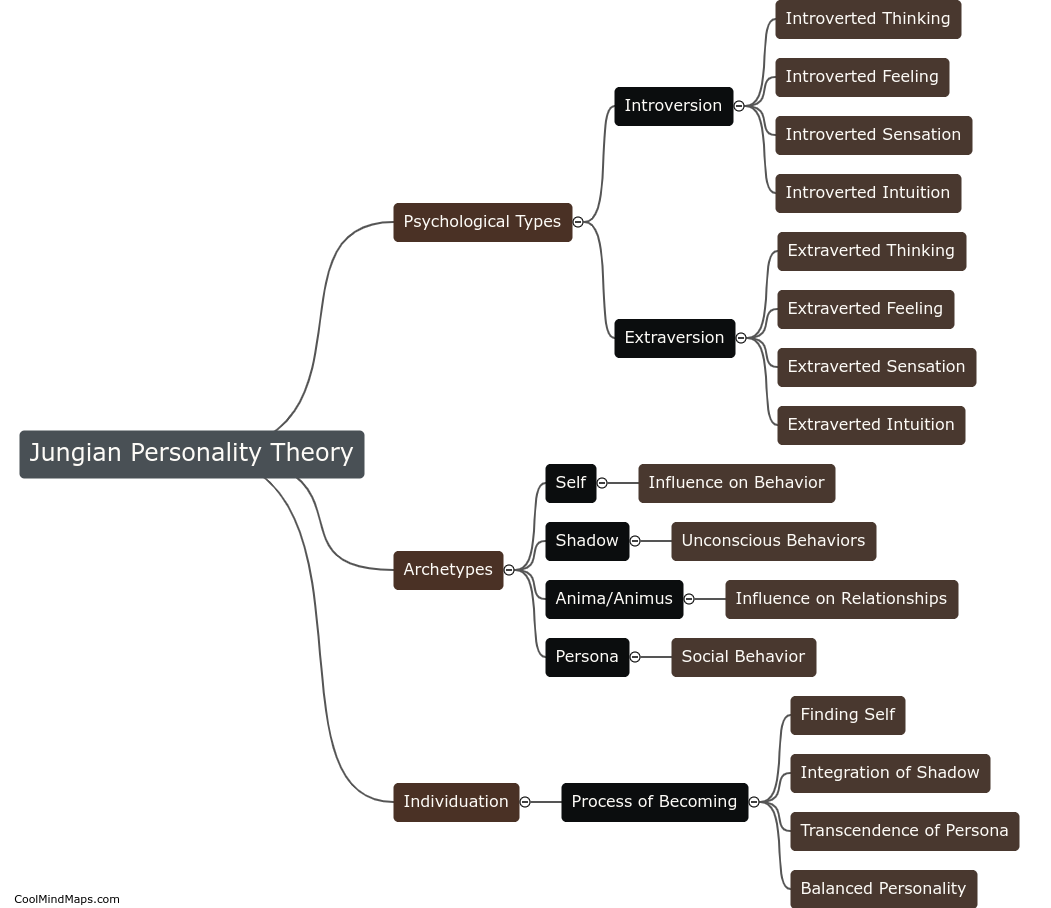How does Jungian personality theory assess individual differences?
Jungian personality theory, developed by Swiss psychoanalyst Carl Jung, assesses individual differences by focusing on the concept of personality types. It suggests that human behavior can be categorized into distinct patterns, which emerge from innate psychological preferences. According to Jung, there are four primary functions influencing personality: thinking, feeling, sensation, and intuition. Each individual has a dominant function, which shapes their perception and decision-making. Additionally, Jung introduced the notion of dichotomous preferences, such as introversion/extroversion and rationality/irrationality, to further analyze personality differences. Through these various dimensions, Jungian personality theory aims to provide a comprehensive framework for understanding and assessing individual differences in terms of cognition, behavior, and interpersonal interactions.
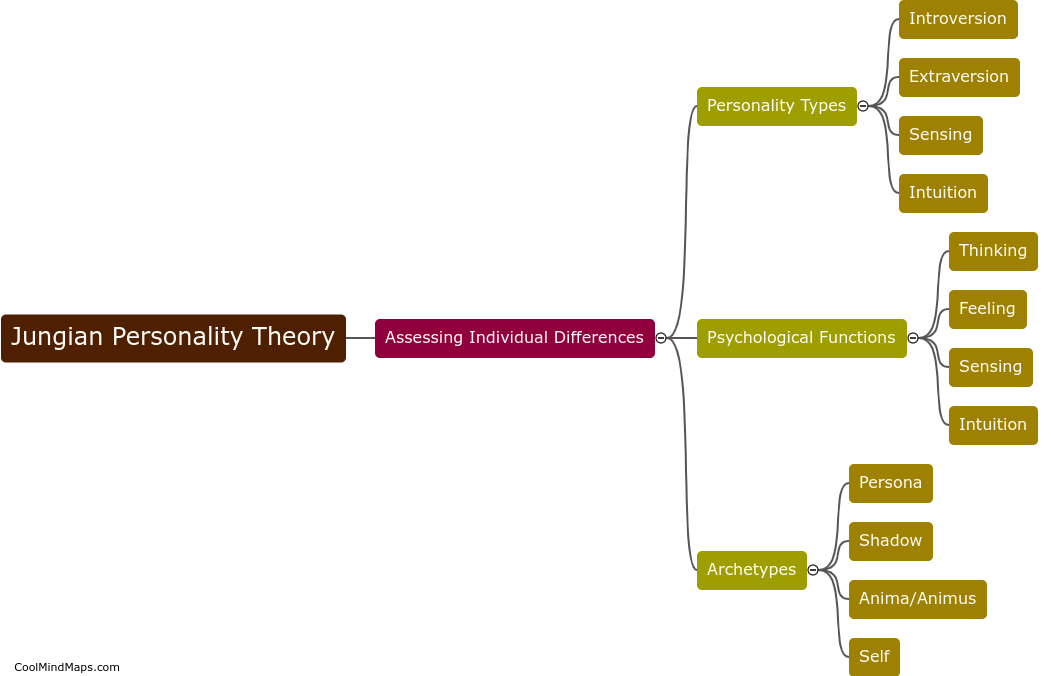
This mind map was published on 7 August 2023 and has been viewed 123 times.
